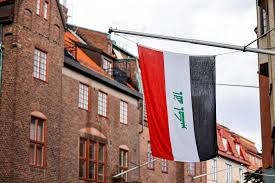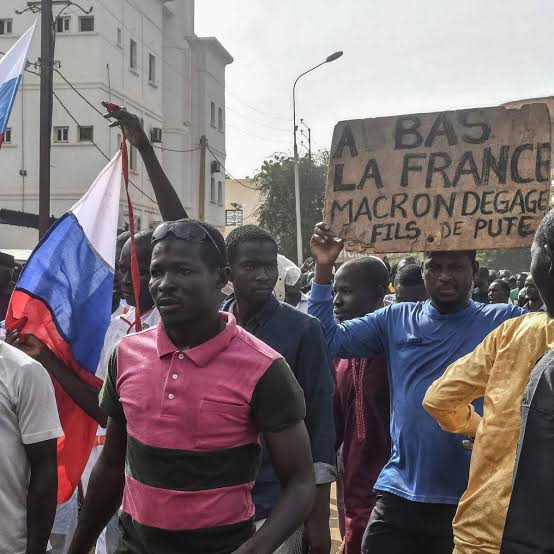In a recent move that has sparked controversy, Iraq’s official media regulator, the Communications and Media Commission (CMC), has issued a directive to media outlets and social media platforms within the Arab state. This directive mandates the replacement of the term “homosexuality” with “sexual deviance.” The decision, outlined in an official document and confirmed by a government spokesperson, has raised concerns about freedom of expression and the treatment of the LGBT community in Iraq.
Linguistic Shift Stirs Debate
The Iraqi Communications and Media Commission (CMC) has taken a firm stance by instructing media organizations to refrain from using the term “homosexuality.” Instead, they are mandated to utilize the term “sexual deviance.” This alteration, though seemingly linguistic, has ignited a broader debate on the implications for both media freedom and human rights.
Transitioning to the new terminology is expected to be met with resistance from various quarters. Critics argue that such language manipulation attempts to suppress discussions about an already marginalized community, thereby further restricting their rights and representation.
Regulatory Reach and Possible Penalties
According to the CMC document, this directive extends its reach to not only mainstream media outlets but also social media platforms. Furthermore, the directive prohibits the use of the term “gender.” This stringent control extends to mobile applications as well, as phone and internet companies licensed by the regulator are bound by these guidelines.
While the government spokesperson mentioned that a penalty for non-compliance hasn’t been established, potential repercussions are anticipated to range from financial fines to more extensive legal consequences. The decision, however, is still pending final approval, highlighting the ongoing debate over the reach and impact of such regulations.
International Context and Backlash
The directive from the CMC arrives in a backdrop of increasing criticism against LGBT rights from major Iraqi parties. Over the past two months, heightened opposition to LGBT rights has been evident, with protests featuring the burning of rainbow flags by certain Shi’ite Muslim factions. These protests have roots in their disapproval of recent Koran burnings in Sweden and Denmark.
Such developments spotlight the complexity of balancing cultural, religious, and social values with international human rights standards. Notably, more than 60 countries criminalize same-sex relationships, while over 130 countries have legalized same-sex sexual acts, according to Our World in Data.
Iraq’s decision to replace the term “homosexuality” with “sexual deviance” in media guidelines has stirred a vibrant discussion on multiple fronts. From concerns about media freedom and linguistic manipulation to debates about human rights and cultural values, this move has far-reaching implications. As the decision awaits final approval, the discourse surrounding this directive will undoubtedly continue to evolve, navigating the intersection of social norms and international standards.
















